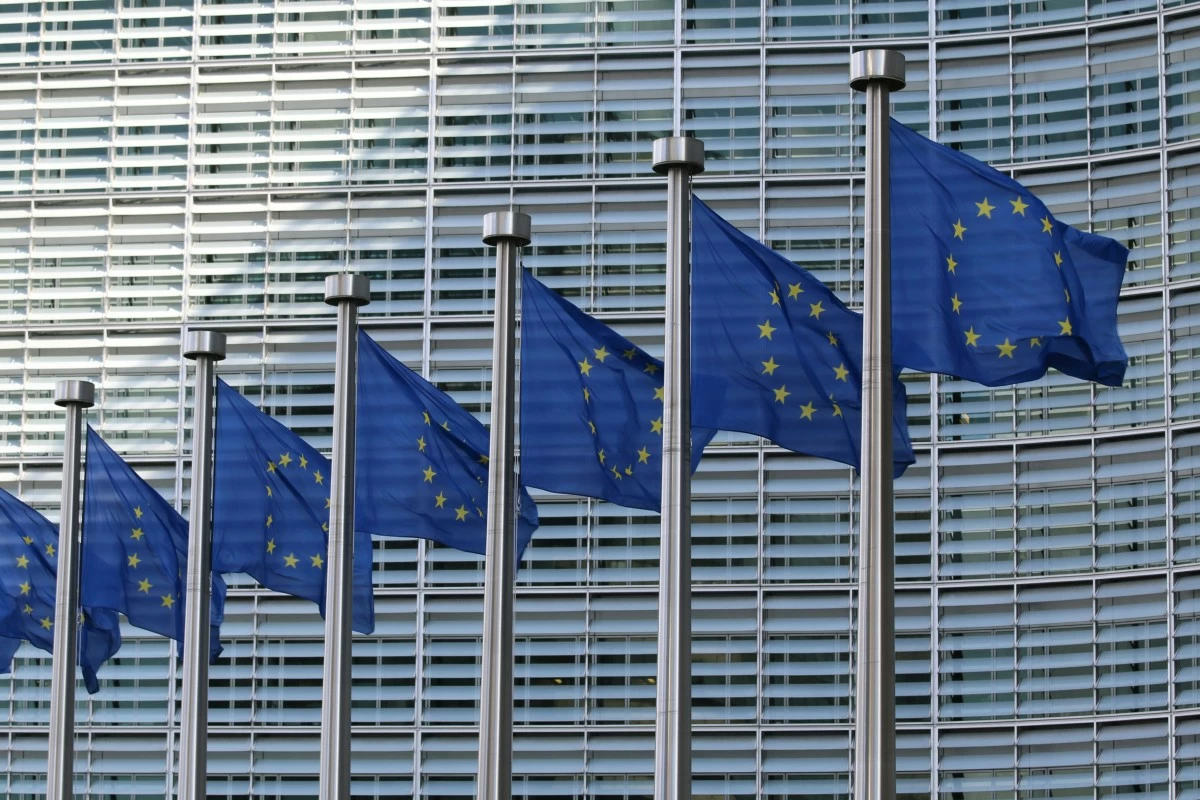EU Challenges Philippine Meat Import Bans at WTO

The European Union (EU) has raised concerns at the World Trade Organization (WTO) regarding the Philippines' practice of imposing country-wide bans on meat imports from regions affected by animal diseases. The EU argues these bans are not consistent with international standards and have a significant impact on trade of meat commodities.
EU's Stance on the Import Bans
The EU contends that the Philippines' blanket bans are disproportionate and not scientifically justified. They suggest a more targeted approach, focusing on specific affected regions within a country rather than imposing a complete nationwide ban. This allows for safer trade practices while minimizing disruption.
Impact on Meat Trade
These import bans significantly impact the flow of meat products from EU member states to the Philippines. The EU claims that the economic consequences are substantial and that the bans create unnecessary barriers to trade.
Global Standards and Consistency
The EU emphasizes the importance of adhering to international standards set by organizations like the World Organisation for Animal Health (WOAH, formerly OIE). They argue that these standards provide a framework for managing animal disease risks in a way that facilitates safe and predictable trade.
The WTO Challenge
By bringing this issue to the WTO, the EU hopes to engage in constructive dialogue with the Philippines and find a resolution that aligns with international trade rules and promotes fair and transparent trade practices. This could potentially involve a panel review of the Philippines' measures.
Potential Solutions
Possible solutions include the Philippines adopting a more regionalized approach to import restrictions, implementing stricter biosecurity measures, and engaging in greater transparency regarding its risk assessments. Collaboration between the EU and the Philippines is key to finding a mutually acceptable outcome.
Learn more about WTO regulations. Also, read about Philippine trade policies.
 1080p
1080p








